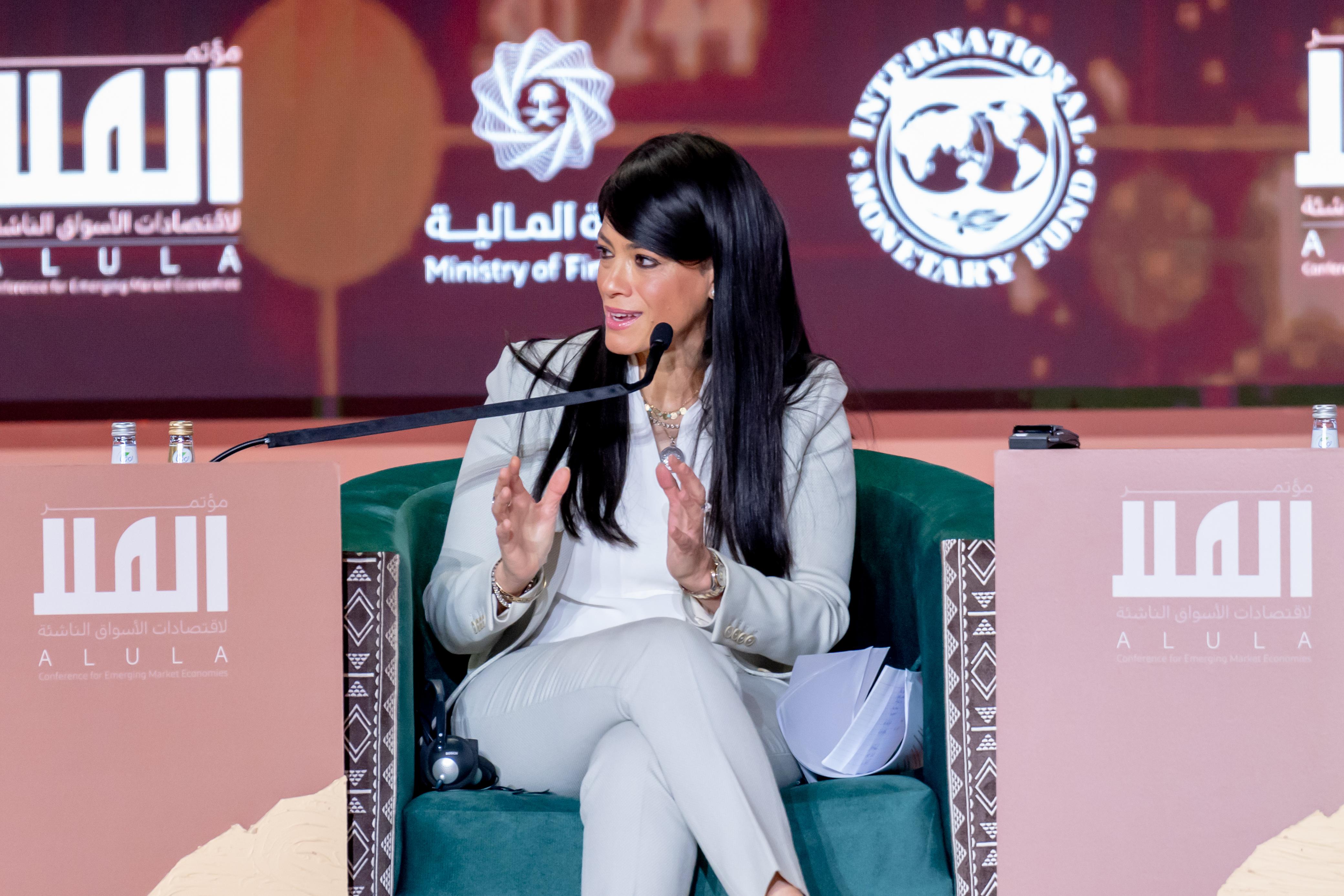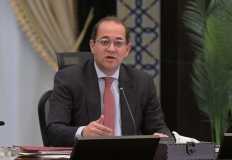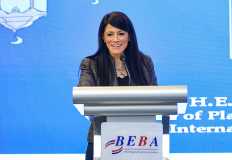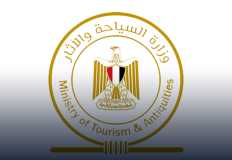
Minister of Planning and Economic Development and International Cooperation, Dr. Rania Al-Mashat, participated in the celebration marking the 70th anniversary of Egypt-Japan development cooperation, hosted by the Japanese Embassy and the Japan International Cooperation Agency (JICA), held at the Cairo Opera House. Attendees included Mrs. Fayza Abu El-Naga, Advisor to the President for National Security Affairs, Mr. Iwai Fumio, the Japanese Ambassador in Cairo, and Mr. Kato Ken, the Chief Representative of JICA in Egypt.
During her speech at the ceremony, the Minister emphasized that the Egypt-Japan development cooperation is built on mutual respect, a shared vision for sustainable development, and a commitment to economic and social prosperity. She also underscored the significant progress in bilateral relations, culminating in a strategic partnership achieved through increased high-level visits.
The Minister emphasized her ministry's commitment to expanding
the Egypt-Japan partnership. She cited her December visit to Japan, during
which three MOUs were signed: $230 million for "Development Policy
Financing for Economic Inclusion and Green Growth," $1.2 million for the
Egyptian Opera House, and $3.2 million for agricultural sector development. She
added that the partnership reflects the alignment of Japanese financing with
Egypt's Vision 2030 and the government's 2024-2027 priorities.
Al-Mashat emphasized Japan's significant contribution to
Egypt's development through $2.4 billion in technical assistance grants and
$7.2 billion in development financing. This support has enabled impactful
projects, including the Grand Egyptian Museum, the Egypt-Japan University of
Science and Technology (E-JUST), the Comprehensive Health Insurance Project,
the Abul Rish Children's Hospital expansion, and the Cairo Metro Line 4's first
phase.
The Minister stated that human capital development is a
priority in the Egypt-Japan partnership, focusing on enhancing skills through education
and training. She cited the Egypt-Japan Education Partnership (EJEP) as a
cornerstone for modernizing Egypt's education, integrating "Tokkatsu"
and Japanese methods in 51 operational Egyptian-Japanese schools (EJS), pilot
schools, and 30 public schools in "Decent Life" governorates. The EJS
network has expanded to 1,700 schools, with the EJ-KOSEN Japanese technical
education model being implemented in some technical institutes.
She emphasized private sector empowerment as a key
partnership goal, highlighting increased financing mechanisms, industrial
localization, human capital development, and support for digital
entrepreneurship and scientific research. Japanese institutions are actively
funding private sector energy projects within the "NWFE" program,
such as the 500 MW Kom Ombo solar power plant and the Ras Ghareb onshore wind
farm.
Dr. Rania Al Mashat concluded by expressing her satisfaction with the recent collaboration with JICA and Egyptian ministries to leverage Japan's expertise in artificial intelligence. This cooperation will strengthen Egypt's AI agenda, focusing on integration into economic sectors, skills development, and infrastructure. She looked forward to announcing the "Egypt-Japan Cooperation Strategy" and releasing a report on the development cooperation portfolio in the near future.





